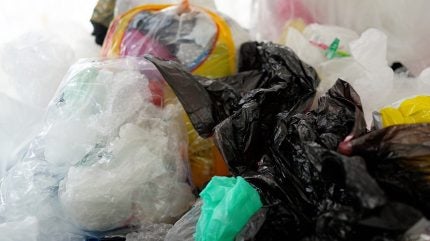
Wingecarribee Shire Council in New South Wales (NSW), Australia, has announced the commencement of a soft plastic recycling trial at its Moss Vale Community Recycling Centre.
Starting 1 April 2024, the trial aims to provide a sustainable option for residents wishing to recycle various types of soft plastics.
As part of the trial, residents can recycle a wide range of soft plastics at the centre, including biscuit packaging, bread bags, bubble wrap, and cereal box liners.
The recycling centre will also accept items such as frozen food bags, confectionery packaging, fresh produce bags, and other plastic materials.
The collected soft plastics will be baled at the Community Recycling Centre and sent to APR Plastics in the state of Victoria within the country.
There, the materials will undergo a transformation process using the Biofabrik WASTX pyrolysis machine, which will convert the plastics into feedstock oil.
This oil is then processed into resin at VIVA Energy’s Geelong refinery in Victoria, ultimately being turned back into food-grade plastic packaging.
Wingecarribee Shire Council waste and resource management manager Clinton McAlister said: “Recycling soft plastics significantly reduces greenhouse gas emissions compared to producing new plastics from raw materials. This not only conserves energy but also contributes to mitigating climate change.
“Through soft plastic recycling, we’re preventing these materials from ending up in landfills, where they would take hundreds of years to decompose, releasing harmful chemicals in the process. This helps protect soil and water quality.”
The pilot programme does not accept rigid plastic containers, biodegradable plastics, drinking straws, or laminated materials.
The council will measure the trial’s success through community feedback, the volume of plastic collected, and contamination rates.
If the trial, which will run through June 2025, is successful, the service may become a permanent fixture.



